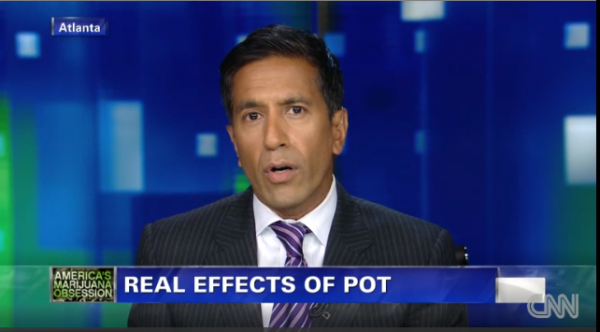-
Tips for becoming a good boxer - November 6, 2020
-
7 expert tips for making your hens night a memorable one - November 6, 2020
-
5 reasons to host your Christmas party on a cruise boat - November 6, 2020
-
What to do when you’re charged with a crime - November 6, 2020
-
Should you get one or multiple dogs? Here’s all you need to know - November 3, 2020
-
A Guide: How to Build Your Very Own Magic Mirror - February 14, 2019
-
Our Top Inspirational Baseball Stars - November 24, 2018
-
Five Tech Tools That Will Help You Turn Your Blog into a Business - November 24, 2018
-
How to Indulge on Vacation without Expanding Your Waist - November 9, 2018
-
5 Strategies for Businesses to Appeal to Today’s Increasingly Mobile-Crazed Customers - November 9, 2018
DEA Denies Petition to Reclassify Marijuana
Reading the U.S. Drug Enforcement Administration’s report on marijuana, on how it should remain one of the nation’s most risky drugs and has no medical value, we can’t help but wonder what rock the agency’s leaders have been living under. It does not have a now accepted medical use in treatment in the United States, there is a lack of accepted safety for its use under medical supervision, and it has a high potential for abuse. However, in a separate policy proposal also issued on Thursday, the agency handed researchers and advocates a victory in removing a significant roadblock to medical studies of marijuana.
Advertisement
The decision means that pot remains on a list of drugs that have no medical objective. However, in a letter to petitioners seeking marijuana’s rescheduling to a lower level of regulation, DEA Acting Administrator Chuck Rosenberg left a potential downgrade on the table.
Chris Gregoire asked the DEA to reclassify the drug when she was governor of Washington state. Cocaine, for instance, is listed as a Schedule II drug because it can be used for medical purposes in some cases. Based on its discussions with the National Institute of Drug Abuse (NIDA) and the Food and Drug Administration (FDA), the DEA concluded that “the best way to satisfy the current researcher demand” of marijuana “is to increase the number of federally authorized marijuana growers”.
In the US, 25 states have legalized smoking marijuana to treat certain medical conditions like glaucoma, nerve pain, and even cancer.
Q – How does the DEA’s decision affect state laws that allow the use and/or sale of marijuana for medicinal or recreational use?
It doesn’t matter if your state legalizes some form of marijuana use – Uncle Sam still considers pot a risky substance and the government isn’t softening its stance. Voters in multiple states are expected to vote on changing local drug laws in November. DEA said it will allow universities and even private companies to apply to grow marijuana for scientific research.
Advertisement
The position of the US government on marijuana has impacts for states that have legalized its recreational or medical use.





























